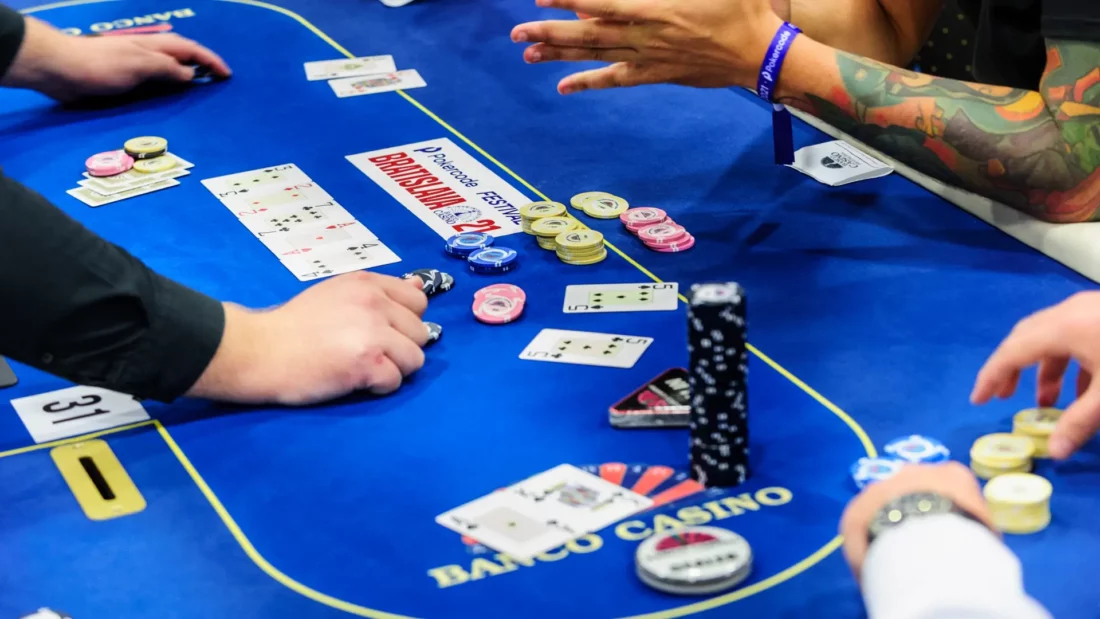ICM (Independent Chip Model) in Poker: Decision-making Under Pressure
Introduction:
In the high-stakes world of poker, every decision can make or break a player’s chances of success. Whether it’s a call, raise, or fold, the pressure to make the right move is constant. One essential tool that helps players navigate these high-pressure situations is the Independent Chip Model (ICM). Understanding ICM and its implications can be the difference between finishing in the money or going home empty-handed.
What is ICM?
ICM, or the Independent Chip Model, is a mathematical model used to calculate the equity of a player’s stack in a tournament. It takes into account not only the size of a player’s chip stack but also the payout structure of the tournament and the chip stacks of other players at the table. By using ICM, players can make more informed decisions about when to risk their chips and when to play conservatively.
How Does ICM Work?
ICM works by assigning a monetary value to each chip in a player’s stack based on the tournament’s payout structure. The model then calculates the equity of a player’s stack by considering their current chip count, the size of the prize pool, and the likelihood of finishing in each position. This allows players to determine the expected value of their decisions and make optimal plays that maximize their chances of increasing their tournament equity.
Decision-making Under Pressure:
One of the key benefits of ICM is its ability to help players make better decisions under pressure. In poker tournaments, the pressure to perform can be intense, especially as the stakes get higher and the field narrows. By using ICM, players can take some of the guesswork out of their decision-making process and rely on solid mathematical principles to guide their actions.
For example, imagine a player is on the bubble of a tournament, meaning they are close to finishing in the money but risk elimination if they make a wrong move. In this situation, ICM can help the player assess the risk/reward of different plays and choose the option that maximizes their tournament equity. This might mean folding a marginal hand to avoid risking elimination or making a bold move to put pressure on their opponents and increase their chances of finishing in a higher-paying position.
Conclusion:
In the fast-paced world of tournament poker, making the right decisions under pressure is crucial for success. The Independent Chip Model (ICM) provides players with a powerful tool for navigating these high-pressure situations by helping them calculate the equity of their stack and make more informed decisions about when to be aggressive and when to play conservatively. By understanding and applying ICM principles, players can increase their chances of making deep runs in tournaments and achieving poker glory.


No Comments